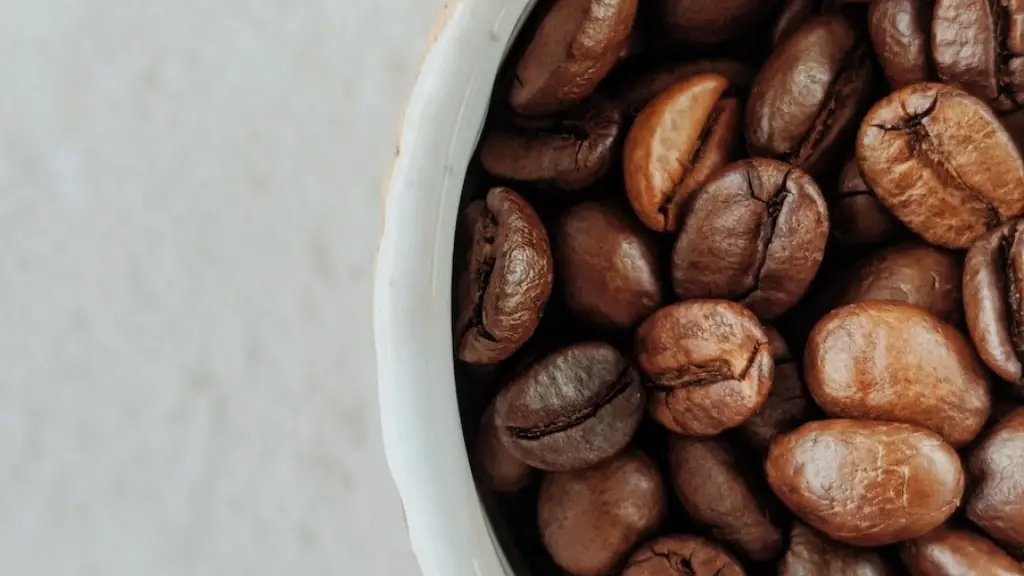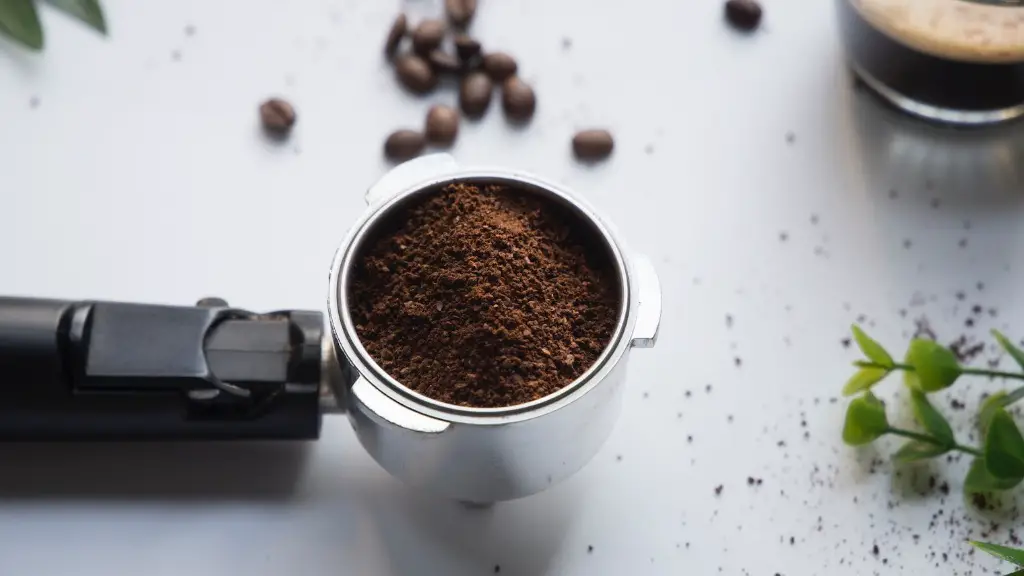Can Decaf Coffee Cause Headaches?
Caffeine is a stimulant found in coffee that is known to cause headaches in some individuals. But what about decaf, the non-caffeinated form of coffee? Many people believe that decaffeinated coffee is headache-free due to the lack of caffeine. While it is true that decaffeinated coffee contains little to no caffeine, it can still cause headaches in some individuals. In this article we will explore why this is the case, as well as what preventative measures can be taken to avoid headaches from decaf coffee.
There are several potential reasons why decaf coffee can cause headaches, though the main culprit is often the processing used to remove the caffeine from the beans. When selecting a decaf option, it is important to choose one that is made with a water-based processing method, as this is the safest and least harsh on the body. Coffee that is processed with solvents such as ethyl acetate or methylene chloride may leave trace amounts of the solvents in the beans, which can lead to headaches.
Apart from the processing, the roast of the coffee can also have an effect. A dark roast may have more caffeine in it than a light roast. Additionally, the acidity of the coffee can also cause headaches in some people, and dark roasts tend to have more acidity than light roasts. Finally, some people may be more sensitive to caffeine than others, and even small amounts of caffeine in decaf coffee can cause headaches.
Fortunately, there are a few preventative measures you can take to reduce the chances of getting a headache from decaf coffee. First, only purchase decaf coffee that is made with a water-based processing method. Secondly, stick to light roasts, as these tend to be lower in caffeine and acidity. Third, choose decaffeinated brands that are known for their quality and standards. Finally, if you find that decaf coffee still causes you headaches, then you may want to consider cutting coffee out of your diet altogether.
Overall, it is possible to get a headache from decaf coffee. However, by being mindful of the processing and roast of your coffee, as well as avoiding coffee if it continues to give you headaches, you can reduce the chances of getting one. If you are unsure whether or not decaf coffee is causing you headaches, then it is best to consult with your doctor.
Coffee Headaches – A Common Problem
Headaches caused by coffee are not uncommon, and it is estimated that up to 20% of the population experience them. This is because coffee, whether regular or decaffeinated, contains compounds that can irritate the nervous system and trigger headaches. The most common type of headache caused by coffee is called a “tension” or “caffeine-withdrawal” headache, and is most prevalent among regular coffee drinkers who stop or significantly reduce their caffeine intake.
Caffeine-withdrawal headaches are typically the worst during the first couple of days after reducing coffee intake, and the severity of the headache can depend on how long and how much coffee the individual was drinking before the reduction or cessation. The good news is that these types of headaches tend to subside with time as the body adjusts to having less caffeine.
Caffeine-withdrawal headaches can be treated with over-the-counter pain relievers such as ibuprofen or acetaminophen. Furthermore, to prevent these types of headaches, it is important to reduce coffee intake gradually rather than abruptly, and to consume plenty of water to stay hydrated. Finally, some alternative treatments such as massage, yoga, and meditation may help relieve headache symptoms.
Health Benefits of Decaf Coffee
In addition to the potential headache-causing side effects of decaf coffee, it is important to note that there can be many benefits to drinking decaffeinated coffee. Regular coffee consumption of up to four 8-ounce cups per day has been linked to reduced risk of heart disease, stroke, diabetes, and some types of cancer. Additionally, compounds in coffee, such as cafestol and kahweol, are thought to have anti-cancer properties.
Decaffeinated coffee contains most of the same beneficial compounds that regular coffee does, although the effects may be slightly weakened due to the lack of caffeine. Furthermore, decaffeinated coffee has the added benefit of being free from the potential side effects of caffeine, such as jitteriness and headaches.
Ultimately, the decision whether or not to consume decaf coffee is a personal one. For those who suffer from headaches due to regular coffee consumption, switching to decaf may be a good solution, although it is important to be mindful of potential headaches from the decaffeinated version as well. Similarly, for those who enjoy the taste of regular coffee but want to avoid the side effects, decaf can be a good alternative.
The Role of Genetics on Coffee and Headaches
Coffee consumption and its effects on headaches may also be affected by genetics. Studies have found that some individuals have certain genetic variants that can influence how the body processes caffeine, and therefore how it reacts to coffee consumption. Additionally, some people have genetic variants that make them more susceptible to caffeine-induced headaches.
So, whether a person gets a headache from regular or decaf coffee may be partially determined by their genetics. Therefore, it is important to be aware of any family history of coffee-related headaches, as this may indicate that certain individuals should avoid or reduce coffee consumption.
Advice from Coffee Drinking Experts
When it comes to consuming decaf coffee and preventing headaches, experts suggest that it is best to pay close attention to the source of the beans, the origin, and the roast. They also recommend taking caution by drinking decaf coffee in moderation and avoiding larger serving sizes. Most importantly, if someone experiences frequent headaches from drinking coffee, then it is best to speak with a doctor.
Overall, decaffeinated coffee can still cause headaches in some people, but by taking preventative measures and being mindful of the source and roast of the coffee, the chances of becoming affected can be greatly reduced. Additionally, if coffee-related headaches persist, then it is important to seek professional advice.
The Role of Other Beverages in Headache Prevention
In addition to drinking decaf coffee, there are other beverages that may help to prevent headaches. Water is an essential part of any headache prevention plan, as dehydration can contribute to headaches in some individuals. Water can be consumed throughout the day, rather than just with meals, and additional fluids may be beneficial depending on activity levels.
Herbal teas, such as chamomile and peppermint, may also help to reduce headache symptoms. Additionally, ginger tea may help to reduce inflammation and provide relief from headaches. Finally, some fruit juices such as cranberry and orange may also provide relief from headaches, although juices should not be consumed in excess due to their high sugar content.
Decaf Coffee Alternatives for Headache Prevention
If decaf coffee still causes headaches, then there are other hot beverages and drinks that can be consumed as an alternative. Instant hot chocolate is a good solution, as it is caffeine-free and often contains added vitamins and minerals. Additionally, soy and almond milk lattes can provide a flavorful, caffeinated alternative to regular coffee, without the risk of becoming jittery or experiencing a headache.
For those who prefer cold drinks, there are also non-caffeinated alternatives. Seagram’s Ginger Ale is a great option, as it contains natural ginger and also provides hydration. Lastly, energy drinks such as Gatorade, contain B-vitamins, which can help to ward off headaches.
For those who want to transition from regular to decaf coffee, there are a few steps that can be taken for headache prevention. Firstly, it is important to cut back on regular coffee consumption incrementally rather than abruptly. Additionally, caffeine should be evenly distributed throughout the day, rather than having it all at once.
Finally, it is important to select a decaffeinated coffee with a water-based processing method, and to stick to light roasts. For those who are prone to getting headaches from coffee, a mix of regular and decaffeinated coffee may be beneficial, as it can help to reduce the effects of caffeine without cutting it out completely.





